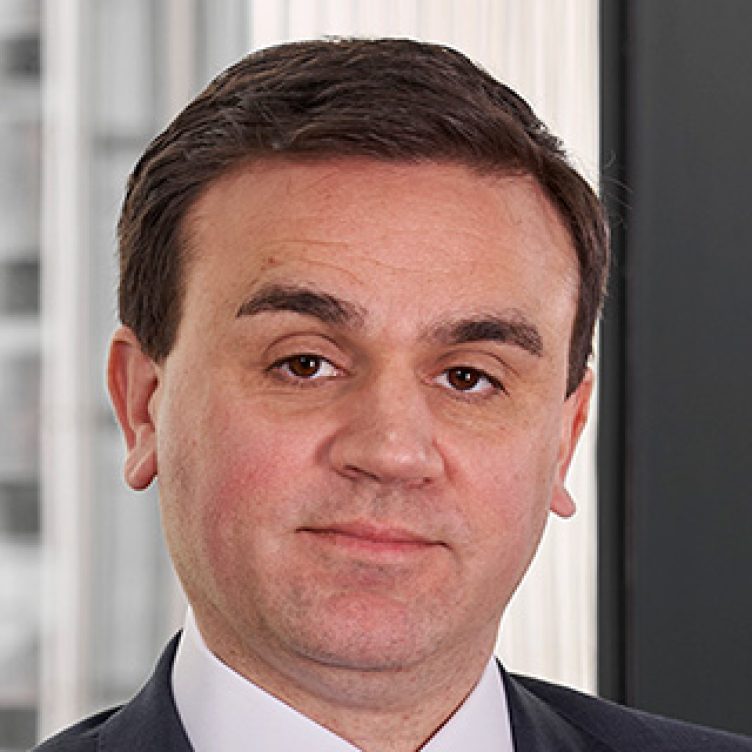As the ‘slow crush’ of persistently high interest rates bites, businesses of all kinds are struggling and many are reaching the point of failure, as indicated by each month’s number of creditors’ voluntary liquidations (CVLs) charting higher than the same period a year prior. The latest statistics from The Insolvency Service reveal that registered company insolvencies in October 2023 were 18% higher than in the same month in 2022.
Following a review in summer of the state of the UK economy, Insolvency and Asset Recovery partners Alex Jay and Tim Symes continue their ongoing analysis of the results of continued higher interest rates, UK insolvency statistics and various allegations of wrongdoing by directors formerly at the head of now-insolvent businesses.
Insolvency figures still on the rise
The rate of company insolvencies has continued to rise in recent months, showing a 10% jump in July-September 2023 compared to the same time period a year prior. The statistical trend suggests this year will see more companies going bust than any since 2009 in the wake of the Great Recession. Various industry commentators have pointed to the rise in interest rates to combat inflation as a direct cause of the spike.
Tim says: “These latest quarterly insolvency figures expose the fact that not only is the UK economy a long way from recovery, but things are probably going to continue to get worse before they get better. In particular, the record levels of voluntary liquidations suggest a prevailing despondency among parts of the business community who see no way of trading out of their distress to better times and instead are throwing in the towel.”
“We’re now witnessing the insidious economic equivalent of secondary drowning: businesses that thought they were through the worst of it, are now failing. Interest rates are biting hard into revenues, themselves suppressed by low consumer confidence. Firms face a challenging winter ahead with no obvious signs of better times in the medium term, creating an unhealthy ‘batten down the hatches’ mentality instead of investment and growth.”
Malpractice in the midst of insolvency
While the majority of attention in the insolvency landscape has been on macroeconomic conditions triggering company collapses, instances of foul play by individuals have also made the headlines. Long-suffering UK battery start-up Britishvolt owed up to £160 million to creditors in January and was planning for a possible insolvency as far back as summer 2022. Employees have since suggested to media that Britishvolt may be trading while insolvent, refusing to pay their salaries.
Alex says: “Trading while insolvent – known in law as wrongful trading – can have serious implications for a company’s directors such as personal, and sometimes ruinous, compensation claims being brough against them. It is however a very tough choice faced by directors in difficult trading conditions, whether they should continue to run the business in the hope of improving its position, or take the draconian step of shutting it down to avoid it getting worse.”
Scrutiny on business owners and directors is intensifying as the economy continues to struggle. In one of the most egregious examples of alleged malpractice, the administrators of funeral business Safe Hands Plans have filed a claim against the former owner for allegedly using customer funds in a deal to sell the business. The allegations suggest “misapplication of trust moneys for the improper purpose of financing the acquisition”.
Tim says: “If the allegations of misuse of pre-paid funeral monies are proved, the defendants will take their place at the morally bankrupt end of the director misconduct spectrum.
This action demonstrates the importance of the formal insolvency process to enable administrators and liquidators to recover monies for creditors whilst at the same stripping it away from those who are not entitled to it.”
In a more high-profile case, former directors at Patisserie Valerie have been charged by the Serious Fraud Office with counts of fraud by false representation, conspiracy to defraud and making or supplying documents used for fraud. The bakery chain’s insolvency has become a very public instigator for scrutiny both on company directors and auditors. At a recent preparation hearing, the trial itself was set for spring 2026.
Alex says: “Criminal trials for corporate fraud mattes are relatively rare. It is however good for UK corporate governance that prosecutions such as this will take place, despite the huge complexity and cost around managing three million or more documents. It sends a message that those believed to have carried out this type of fraud will face a multitude of issues, from potentially ruinous civil claims brought by liquidators and creditors to disqualification as directors and in the most serious cases criminal prosecution.”
Government guarantees on Covid loans revoked
Three-and-a-half years on from the onset of the Covid-19 lockdowns, their impact continues to rumble through the economy. The government’s emergency loans programme has come under widespread scrutiny, and in November 2023 news broke that state guarantees were being revoked for 10,786 loans worth a combined £979m. Banks are now on the hook if the borrowers fail to repay. Although the British Business Bank which manages the loans has attributed this to various administrative issues, estimates have put the value of loans lost to fraud at £4.9 billion and the most recent annual report by the government Department for Business, Energy & Industrial Strategy included an admission by the counter fraud team that “lessons have been learnt” from the Covid-19 situation.
Tim says: “The government’s refusal to stand behind some defaulting covid loans was always on the cards. The haste with which these loans were handed out in response to significant pressure from the government at the height of the pandemic would inevitably mean mistakes by the banks would be made, which the taxpayer shouldn’t have to pay for.
Unfortunately, the lion’s share of the billions of pounds lost to fraud will still be picked up by the taxpayer where the bank has carried out proper checks before lending. Whether the required checks were themselves fit for purpose is another question.”
You can find further information regarding our expertise, experience and team on our Insolvency and Asset Recovery page.
If you require assistance from our team, please contact us or alternatively request a call back from one of our lawyers by submitting this form.






